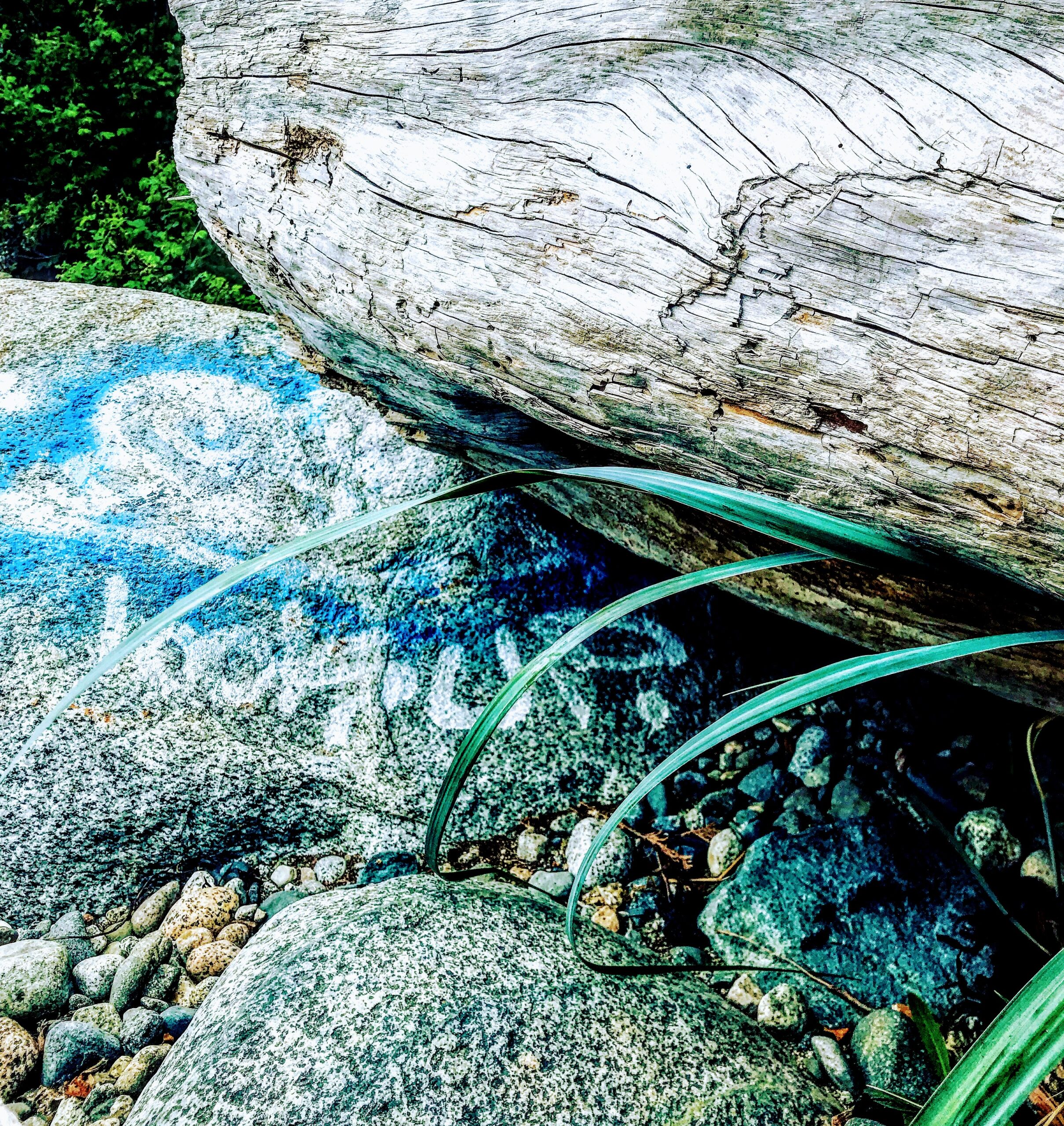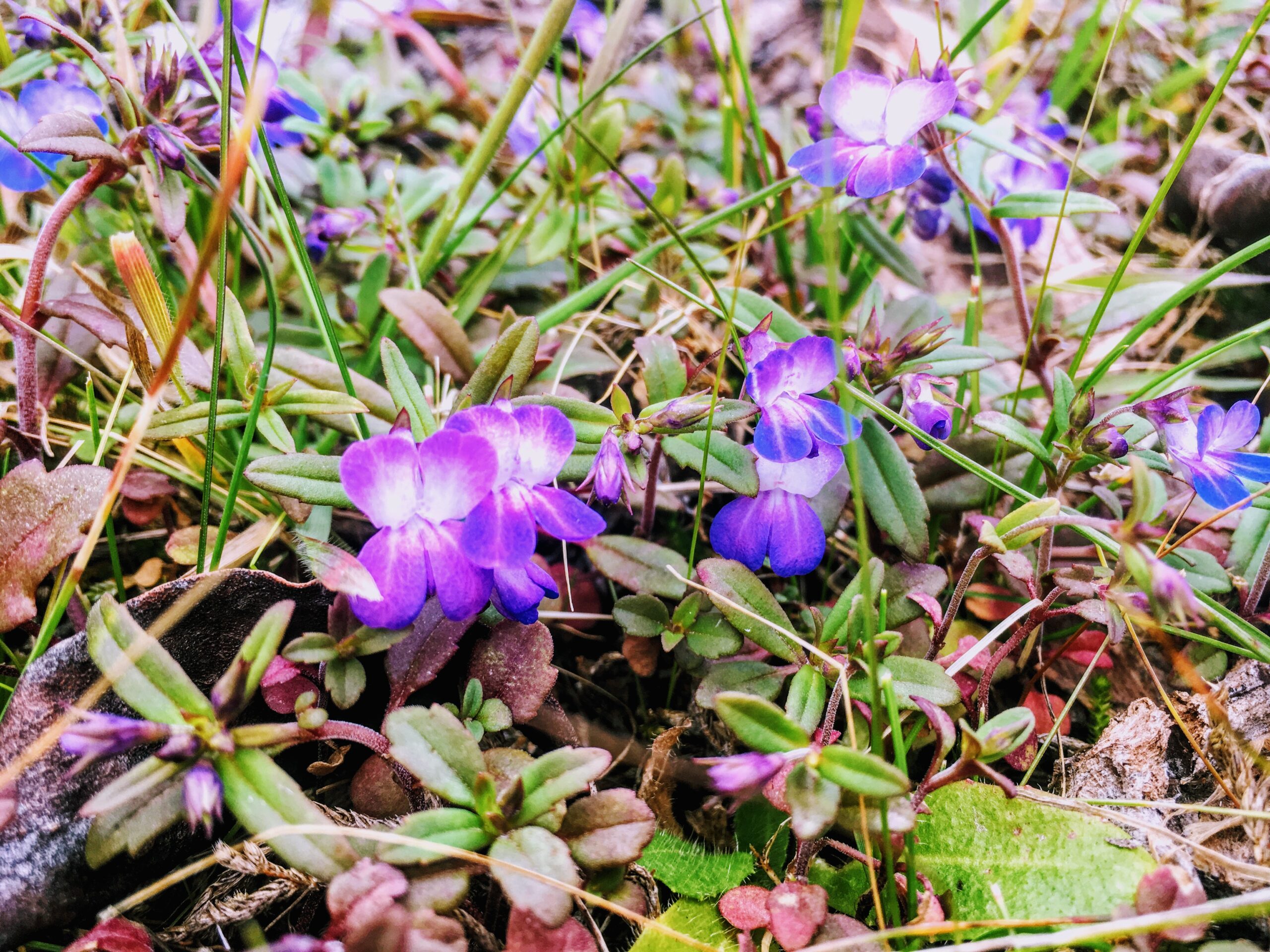What We Do
Conflict Resolution
We facilitate conversations at no charge to help restore relationships where conflict or crime has caused harm. We aim to support participants in developing meaningful responses to harmful actions.
Criminal – Cases are referred from within the Criminal Justice System, usually by the RCMP & Crown Council. We do not provide any legal services or advice. Our services can either be complementary or an alternative to the formal legal process.
Non-Criminal – Cases are referred by individuals or organizations and people can self-refer. Cases may include neighbourhood disputes, interpersonal conflicts and more. We do not provide professional mediation services.


Training
Restorative Justice & Mentorship – qCJ trains volunteer Case Workers in Community and Restorative Justice approaches through annual trainings offered one to two times per year, ranging from intensive three-day sessions to multi-week formats. Case Workers begin as “Keepers in Training,” participating in at least two cases under the mentorship of staff and experienced volunteers before facilitating independently. Ongoing learning is supported through annual evaluations, feedback, and continued mentorship.
Community Offerings – qCJ provides a range of trainings and workshops to build restorative capacity across the community. Offerings include introductory workshops on Restorative Justice and Conflict Resolution, specialized sessions on accountability, communication, and repair, and a three-day Restorative Justice Circle Keeper Training that equips participants to facilitate Circles in their own organizations or communities. All trainings are highly interactive, rooted in Peacemaking Circle practices, and adaptable to fit the needs of organizations, schools, and community groups seeking to strengthen connection, communication, and accountability. Click here to learn more.
Anti-racism & Anti-oppression
